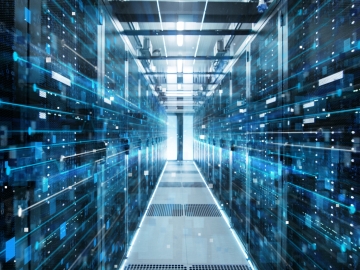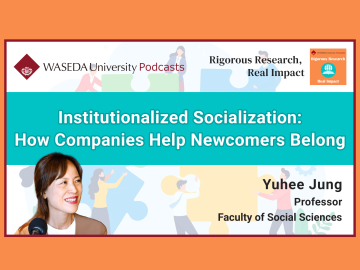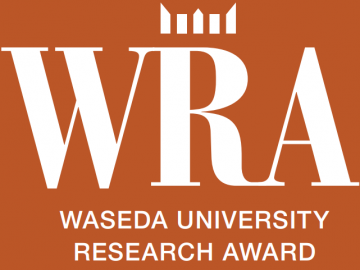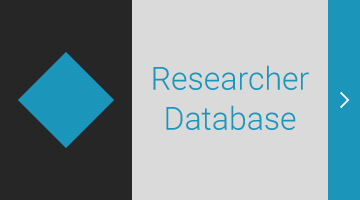On January 26, 2016, the Waseda University Advanced Collaborative Research Organization for Smart Society (ACROSS) (Chairperson: Professor Yasuhiro Hayashi) held the first gathering of its industrial-academic forum, the “Energy, Resource, Aggregation, Business Forum (ERABF).” The forum is an opportunity to discuss and promote understanding and cooperation between energy and business. Chairperson of ACROSS, Professor Yasuhiro Hayashi, served as the head of the forum and is working with the Ministry of Economy, Trade and Industry’s (METI) “Energy, Resource, Aggregation, Business Investigative Commission.”
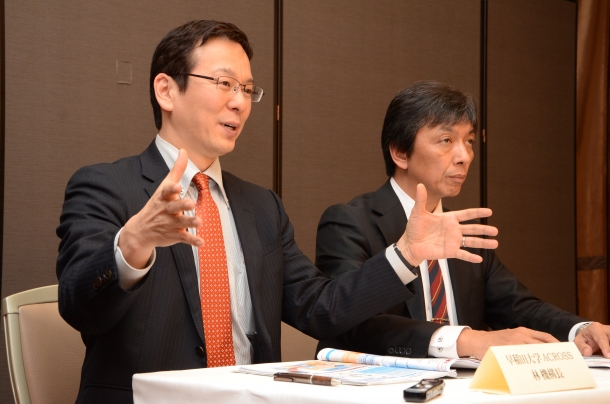
Chairperson Hayashi (left) and Office Director Ishii (right)
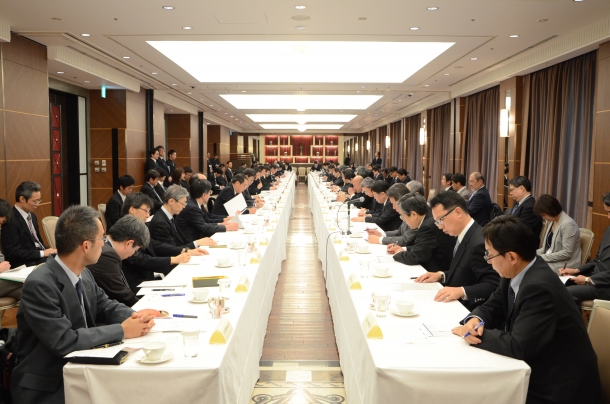
With the development and implementation of home energy resource distribution models, innovation of electric power systems, and the advancement of IoT since the Great East Japan Earthquake, promotion of business aggregation for new energy industries has become an important social issue. In a 2015 meeting with officials, Prime Minister Abe announced plans to establish a “negawatt marketplace” by 2017 that takes advantage of home solar power systems and IoT, and allows people to buy and sell saved energy. The Prime Minister stated that within the next year, they will establish rules for business transactions, and maintain telecommunication standards to enable remote control of energy related machinery and tools.
Among the 40 major Japanese businesses that attended the forum were electric power companies, gas companies, electric machinery manufacturers, automobile manufacturers, data aggregators, residential developers, and telecommunications companies. Organizers plan to hold the forum twice a year.
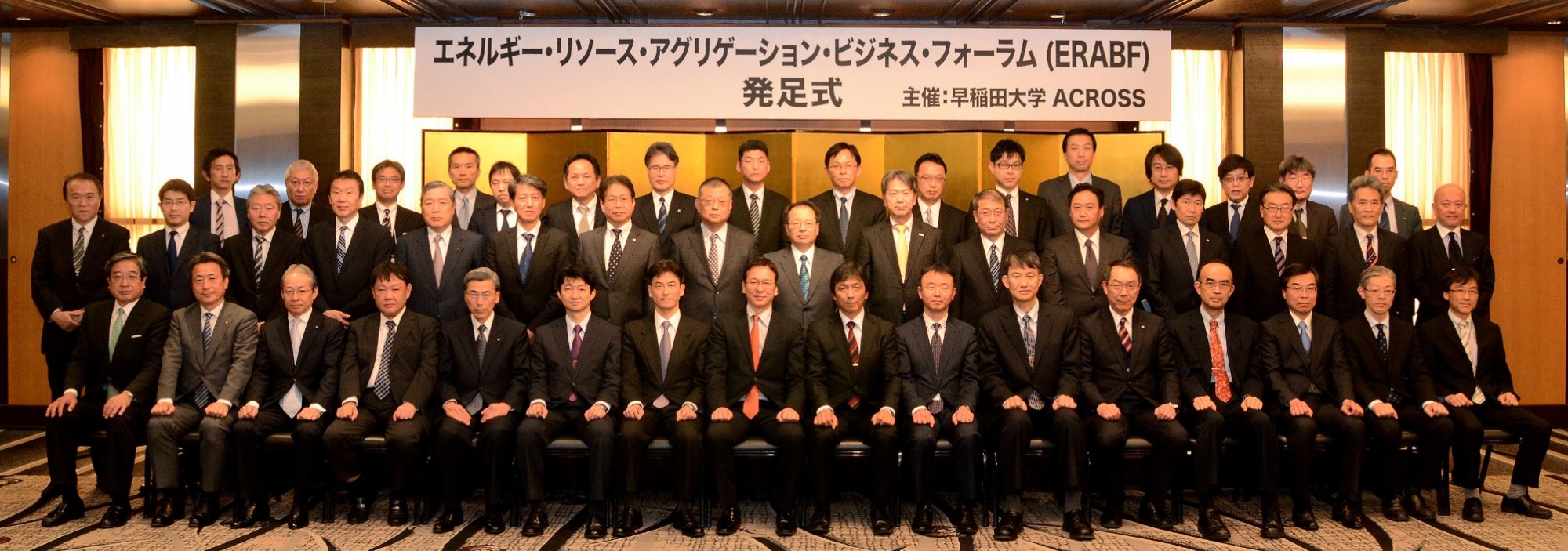
Terminology
- Energy, Resource, Aggregation, Business
A business practice that focuses on aggregating various sources of energy such as renewable energy and storage batteries. It utilizes transmission technologies to enable various sources to function as a single energy resource, in turn creating new value and contributing to electric power systems.
- Distributed energy resource generation from consumers
Small-scale, widely distributed resources among consumers not generated by electric power companies or other power generation companies such as thermal or hydroelectric power (applicable for solar power generation, storage batteries, electric automobiles, energy farms, negawatt)
- The Internet of Things (IoT)
A network of sensors, mobile telephones, smart meters, and other devices that enables analytical study through large-scale data collection/exchange and artificial intelligence. Many expect IoT to be useful in developing remote measurement, automatic target recognition, and automatic control systems as well as a variety of other services.
Attendees
- Electric power
Kansai Electric Power, Kyushu Electric Power, Chubu Electric Power, Tokyo Electric Power Company, Tohoku Electric Power
- Gas
Osaka Gas, Tokyo Gas
- New electric power
ENNET, KDDI (au electric power), J:COM, SoftBank (SoftBank Power)
- Aggregator
iGrid Solutions, Azbil Corporation, Energy Pool, EnerNOC Japan, ENERES, NTT Smile Energy, NTT Facilities, Koyo Electric Corporation
- Electronics
Ad-Sol Nissin Corporation, NEC, ELIIYPower, Osaki, Omron, KYOCERA Corporation, Sumitomo Electric Industries, Daikin Industries, Takaoka Toko, Toshiba, TMEIC, Panasonic, Hitachi, 4R Energy, Fujitsu, Fuji Electric, Mitsubishi Electric, Meidensha Corporation,
- Automobile
Toyota, Nissan
- Residential / Construction / Developer
Obayashi, Sekisui, Taisei, Nomura Real Estate Development, Mitsui Fudosan


